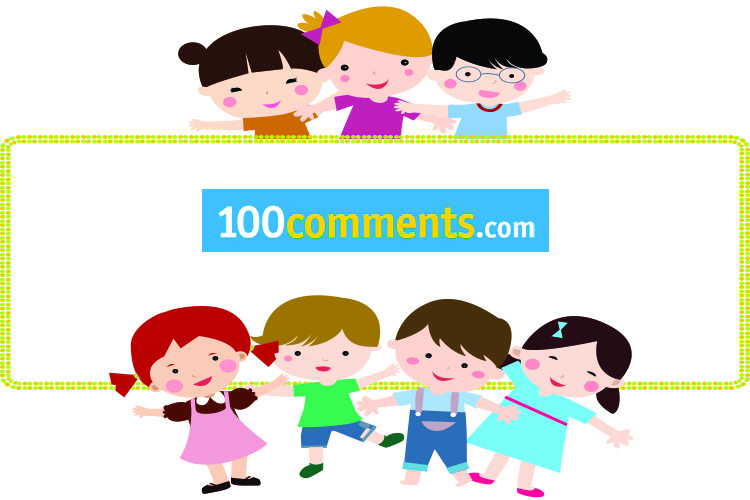Every other young parent today seem to be bent on sending their young child off to a learning centre of some sort, even before the little one has begun walking yet! Centres too seem to be mushrooming everywhere, offering playtime specials, gym classes, learning language, music lessons and even math classes to babies and toddlers! So, do these centres really make a difference in the lives of tiny tots or are parents merely doing what others are doing to not feel left out? Read on to decide for yourselves.
Table of Contents
Working parents and modernisation
It’s no secret that in many, many modern households, both parents need to work to make ends meet, so to speak. On the other hand, competitiveness in the world of schooling has got the whole world’s attention, where education has to begin early for a child to have a chance to keep up with the fast-paced, hi-tech world we live in today. While parents can easily find all the info they need on how to offer positive stimuli to their young kids and how to teach them stuff fast, it goes without saying that most of them just don’t have the time or the energy to do so.
Hence the relevancy of all those different baby and toddler enrichment centres, which are run by professionals whose job is to teach and nurture young minds and get them ready for the ultra competitive schooling years ahead.
The effects of positive stimuli
Babies and toddlers are super-fast learners and they absorb information much faster compared to older children. They are gaining new skills every day and learn about the world and themselves through social interaction and various external stimuli.
It’s during these tender early years when children experience continual learning curves that form important life foundations. This period is when their skills and knowledge begin to flourish together with their behavioral patterns as well. This is why parents need to take extra special care to provide as much positive stimuli as possible to help stand them in good stead for further development during the years to come.
It’s in your hands
It’s obvious that anything a child learns in an early learning centre can be taught at home too. Additionally, activities such as going shopping, visiting the zoo, singing and dancing, reading to the child and having friends’ children come over for playdates can all provide opportunities to develop a child’s language and skills. However, most of these tasks are not as simple to carry out regularly, especially when both parents are working. This is why we say “it’s in your hands”. Surely it would not be in the child’s best interest to be staying at home with the live-in maid or be left at the baby-sitter only to end up watching television most of the time?
Choose your centre well
Firstly, parents should resist getting sucked into a rat race of doing what others are doing. A bit of research on the mushrooming number of centres will help you make an informed decision on which is best suited to your child’s needs.
Research indicates that early formal or informal learning exposure has immense value in a child’s development during the crucial window period where young children are most curious, teachable and impressionable. Still, it will seem like enrolling little ones in playschools and early learning centres may steal some precious time from quality parenting during the delicate formative years. Very good centres understand this, and hence ensure some form of beneficial caregiver-child bonding via loving and trained teachers and care-givers.
Social interaction
One important way in which babies and toddlers can learn is through social interaction with other young children their age, as well as with older children and of course, with adults. This sort of interaction is crucial for babies and toddlers, even more so if they do not have siblings. Children attending good learning or enrichment centers will ultimately be exposed to lessons on sharing, manners, cooperation, empathy and selflessness, all the virtues that will help turn them into likable adults.
Keeping abreast with developmental progress
Early learning centres tend to monitor and follow a child’s progress and development during his formative years. During this crucial period, any disabilities, challenges or deficits that may arise can be identified before it’s too late and addressed accordingly. If left unattended during these formative years, they may very likely hamper the child’s progress and abilities in school and later life.
Age of enrollment
That is entirely your call. Every child is different and nothing is definite. Children are all born with different personalities, temperaments and abilities. Some children cope well with being separated from caregivers at an early age while others may not. Some children may experience separation anxiety and become clingy and irritable. One solution is to enroll your child in classes where parental participation is involved. Alternatively, a secondary caregiver whom the child is comfortable with may be a suitable substitute. Most importantly, ensure that your child is in the best of hands by choosing enrichment classes where the staff is patient, nurturing and engaging.
Traits of a good enrichment or early learning centre
- A safe and hygienic venue with a stimulating and learning environment.
- The teachers are preferably trained in early childhood education and have the passion to work with young children.
- The centre offers activities that are play-based, engaging, age-appropriate and meaningful.
- Nurture life skills such as confidence, independence, an enquiring mind and being a team player.
- The centre provides a holistic, all-round physical-cognitive-emotional-social development of a child through the programme activities.
















